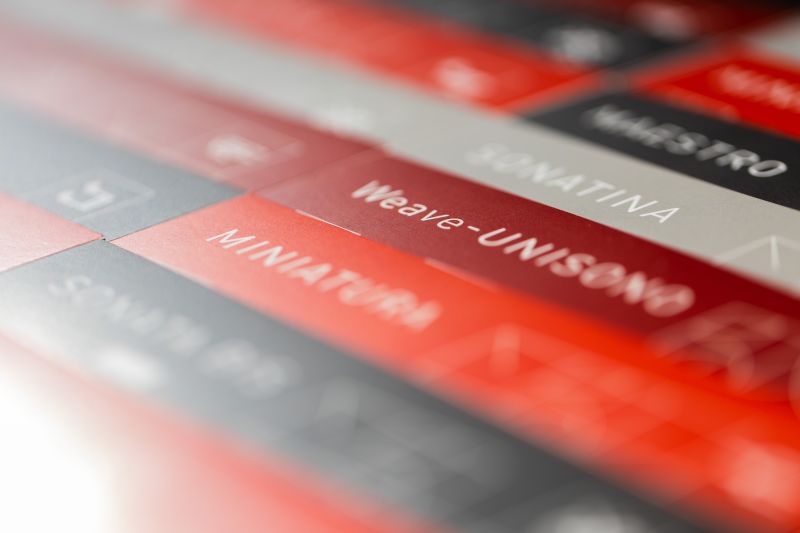Dr Michał Ślęzak from the Łukasiewicz-PORT Research Network in Wrocław, in cooperation with scientists from Germany, will carry out a research project as part of the Weave-UNISONO programme. The Polish team will receive more than PLN 2.2 million to carry out the research.
Dr Michał Ślęzak from the Łukasiewicz-PORT Research Network in Wrocław, together with Dr Mathias Schmidt from the Max Planck Institute of Psychiatry in Munich and Dr Nils Gassen from the University Hospital Bonn will jointly implement the project ‘The role of mitochondrial metabolism of astrocytes in chronic stress’.
As part of the project, the scientists will investigate the neurobiological basis of psychiatric diseases. The teams from Germany and Poland will jointly verify a key hypothesis for the research, according to which chronic stress disrupts the metabolic function of astrocytes (glial cells in the brain), which can cause dysfunction of neural networks that are responsible for controlling affective behaviour.
The proposal was evaluated by the Deutsche Forschungsgemeinschaft (DFG) as lead agency, the National Science Centre within the framework of the Weave collaboration accepted the results of this evaluation.
The Weave-UNISONO competition is the result of a multi-stakeholder collaboration between research funding institutions grouped in the Science Europe association. It was launched to simplify the submission and selection procedures for research projects in all scientific disciplines involving researchers from two or three European countries.
Under the Weave programme, partner research teams apply for funding in parallel to the lead agency and to their respective participating institutions. The joint project must include coherent research plans, clearly demonstrating the added value of international collaboration.
Adrian Andrzejewski





